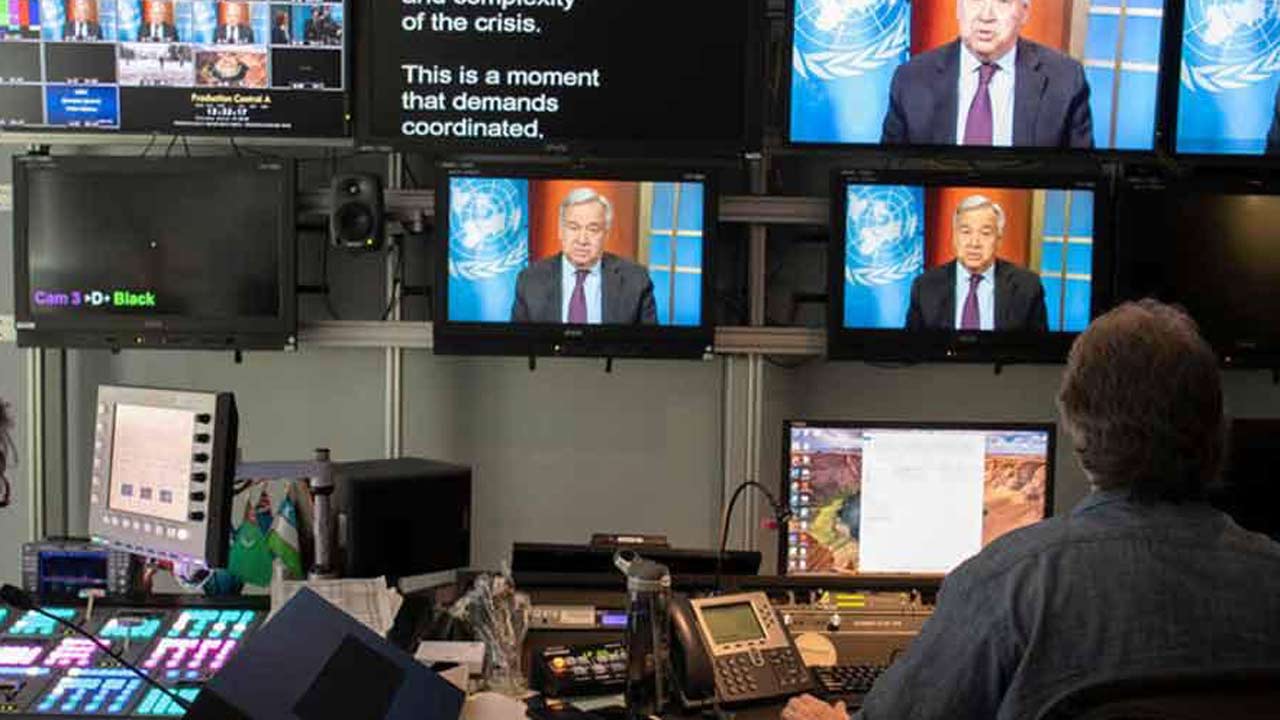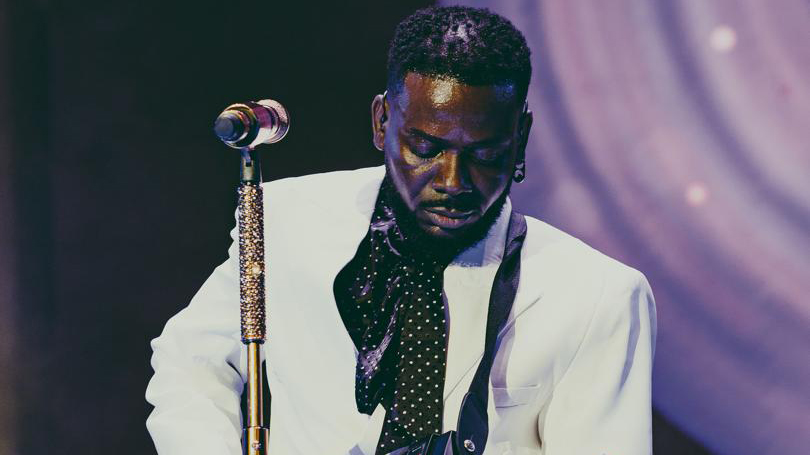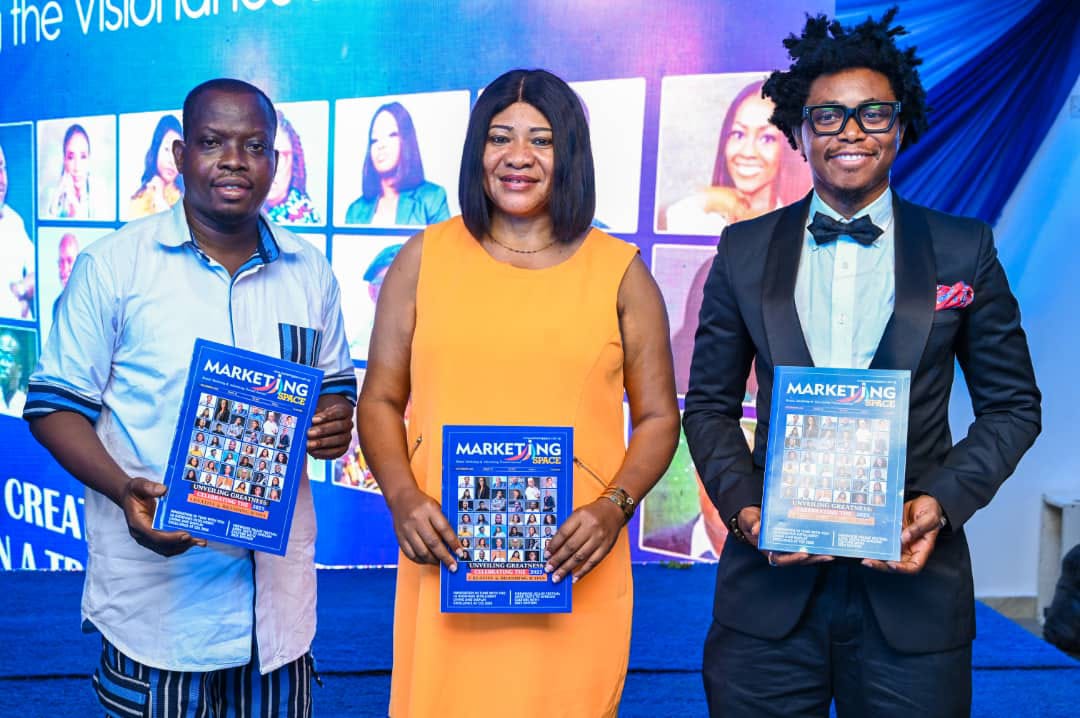
Sixty-One years after the first terrestrial television broadcast started in Nigeria, practitioners have taken a swipe at the broadcast industry, saying much needed to be done at this period of COVID-19. While unanimously agreeing that the importance of television to the socio-economic development of the country cannot be over emphasised, they stressed on the need to use the medium to sensitise Nigerians on importance of observing protocols of COVID-19 at a time the world is experiencing second wave of the pandemic.
Speaking with The Guardian, former Nigeria Television Authority (NTA) newscaster, Cyril Stober, said television is the building block that helps drive the process of development.
Similarly, The Chief Executive Officer, Group MD & Director at DAAR Communications Plc, Tony Akiotu, observed that the deregulation of broadcast industry has brought plurality of use and gave access to the ordinary man on the street who used to see TV as medium that is not for the common man. “Today, because of deregulation there are over one hundred TV stations in Nigeria including community and campus television stations,” he said.
He added that before you could count the numbers of TV stations on your fingertips but now think deregulation has demystified elitism of TV and this has impacted on the socio-economic life of the people.
Country Director, United Nations Information Centre (UNIC), Ronald Kayanja said television is a very important tool of communication in this globalised world and it has become even more important during COVID-19.
Specifically, he said during the lockdown, people couldn’t go out and television became a means of relaxation. He said television also helps spread more credible news, adding that it is a tool of social mobilisation.
“At the UN, we want to draw attention to this very important tool of communication,” he noted. Professor of Mass Communication, University of Lagos, Abigail Ogwezzy-Ndisika said since 1959, TV has been making the difference, because of the audio-visual impact. Television, she said, is now participatory. “I think it also makes for cultural transmission and national integration. From the comfort of your home, you can view what is happening in other parts of the world. It also helps in reduction of conflict because it is used to shape opinion about other people.”
Reacting to how television can enlighten masses on protocols of COVID-19, Akiotu expressed concern over Nigerian’s nonchalant attitude to COVID-19. Many people, he observed, still believe COVID-19 is a child’s play, adding that people are no longer wearing face masks, not keeping social distancing, social functions have resumed in full swings despite the sensitisation and awareness created by TV stations.
Sharing similar view, Stober, on his part said TV must promote healthy living habits, good hygiene and help disseminate information about COVID 19. He said there is a huge gap considering those who live in urban and rural centers.
According to him, it took quite sometime before most people in the rural areas believe there is anything called COVID-19. Rural dwellers felt it was an urban matter and has nothing to do with rural dwellers.
Kayanja said that studies carried out by United Nations revealed that large proportion of Nigerians get their news about the pandemic from television. “We are focusing on television in the fight against COVID-19. Television also helps us to fight ‘infodemic’ of fake news and mis-information about the pandemic.
“If we observe the protocols, there will be no spike. So far, Nigeria has done very well, and if we continue to observe the protocols, Nigeria will not go into another lockdown. You want to save lives but you also want to save livelihoods, you don’t want people locked down and cannot go out to find something to eat. So the balance is very important People that have no business going out should stay indoors.”
On how TV can address hate speech and fake news brought about by social media, Akiotu said they “must verify or authenticate news before it is used in the traditional media. The traditional media is supposed to be more circumspect or thorough in evaluating whatever news on social media.”
Similarly, Stober noted that trained practitioners must go beyond the ordinary so as “to bring to people things that are real, what they are interested in and give stories fair treatment. If events occur and there is adequate coverage or reportage, then, if there is any reason for anybody to spread fake news, it will be of little or no effect because people would have seen the truth.”
Kayanja told practitioners that TV could be used to bring out the Nigerian identity in order to make citizens feel as one, love their country and be committed to work together to develop the country. “There is nothing bad about having different tribes cultures in a country. Though there are challenges — and every country has challenges, but if you fail to bring out the good, it will look as if it is only kidnapping happening but there are many good things happening in the country. My appeal is that TV personalities should consciously play that role and portray the strengths of Nigeria.”






